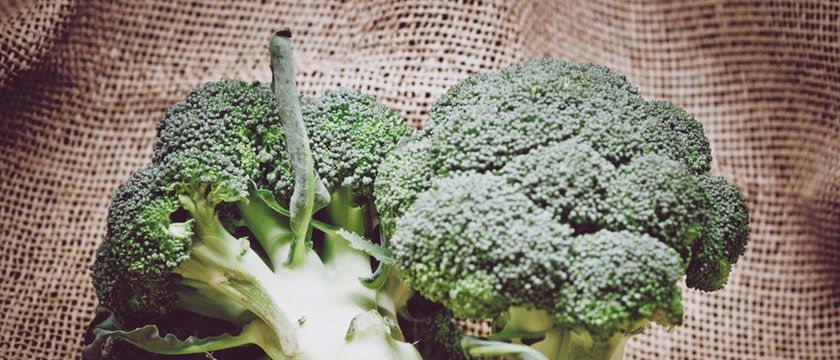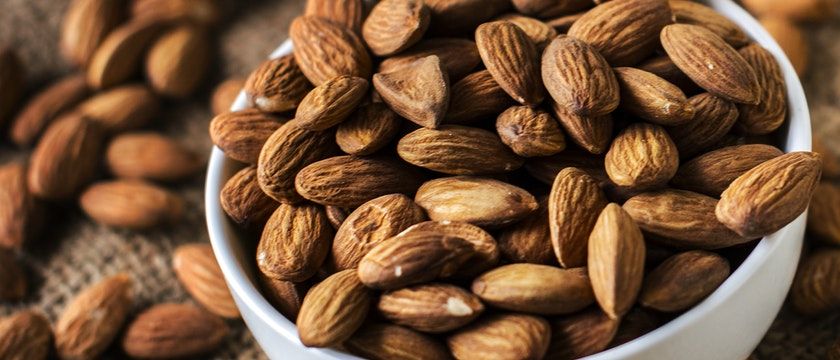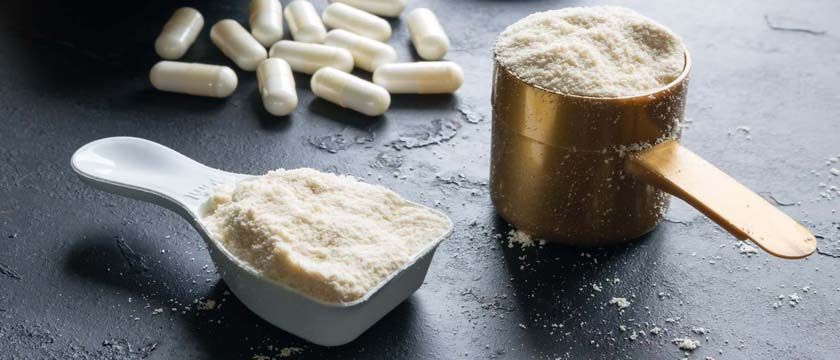Category: Nutrition

Overview of Broccoli Broccoli is an edible vegetable from the cabbage family. Broccoli is green in color and has a large flower head shaped structure. Its name is derived from the italic word ‘broccolo’ which means a cabbage sprouts. You can use it in curries, salads, dressing, stews, and baking for loaded nutrition with several […]
Read more
Overview of Apple Heavenly and crunchy, apple organic fruit is a standout amongst the most famous and most loved natural products among the health cognizant, wellness sweethearts who immovably have faith in the idea of “health is wealth.” This awesome fruit contains rich phytonutrients that in the genuine sense irreplaceable for ideal wellness and health. […]
Read more
Overview of Almond Almonds are the seeds from the organically cultivated almond tree. Almond (Prunus dulcis, syn. Prunus amygdalus) is a type of tree local to Mediterranean atmosphere areas of the Middle East, from Syria and Turkey to Pakistan, in spite of the fact that it has been presented somewhere else. The essence of almonds […]
Read more
Overview In case you’re not kidding about your fitness game you’ve most likely run over these four letters: BCAA. There are numerous great reasons why branched chain amino acids definitely come up in discussions about building muscle and boosting performance. Here’s the reason they ought to be a key part of your exercise technique. branched […]
Read more
Overview of Cantaloupe Cantaloupes are commonly known as muskmelons, mush melons, rock melons, and Persian melons. Their high water content helps ward off dehydration and combat the heat while their refreshing taste provides a guilt-free, low maintenance dessert for kids and adults alike. The mildly sweet and juicy flavor of cantaloupe makes it a perfect […]
Read more
Overview Creatine has been recognized as a product that delivers the nutrition for improved strength. Creatine supplements are used to increase size, strength and athletic performance. It is similar to the protein in that it is a nitrogen-containing compound, but is not a true protein. In the nutritional biochemistry world, it is known as a “non-protein” […]
Read more